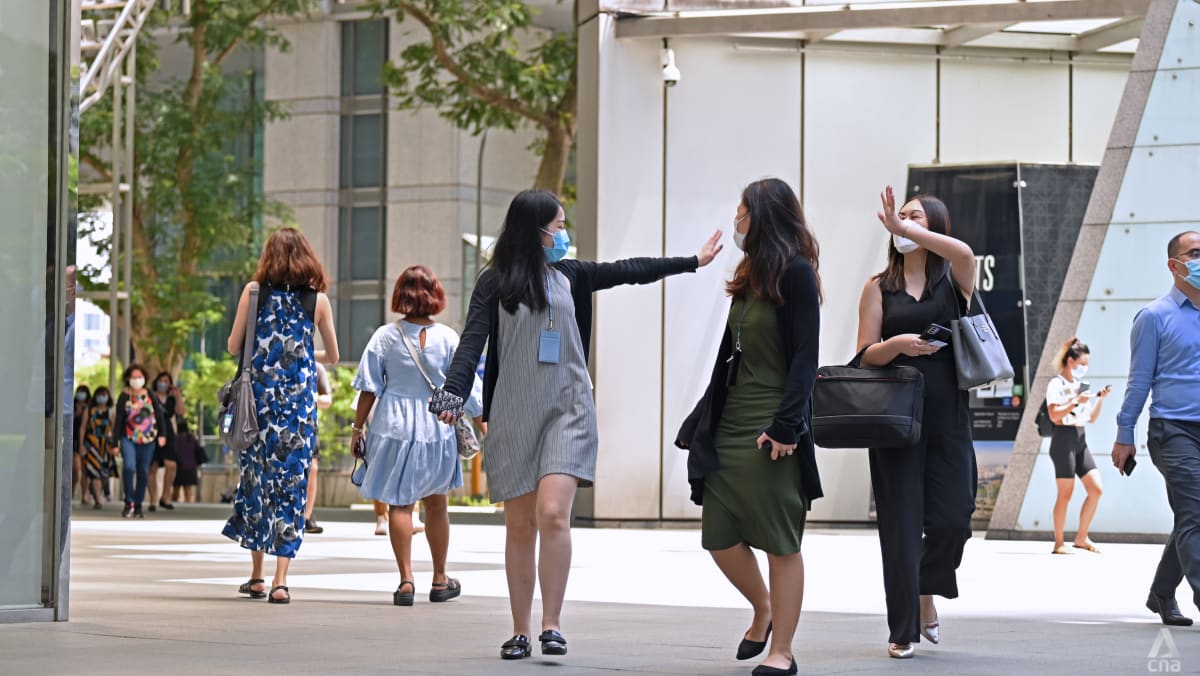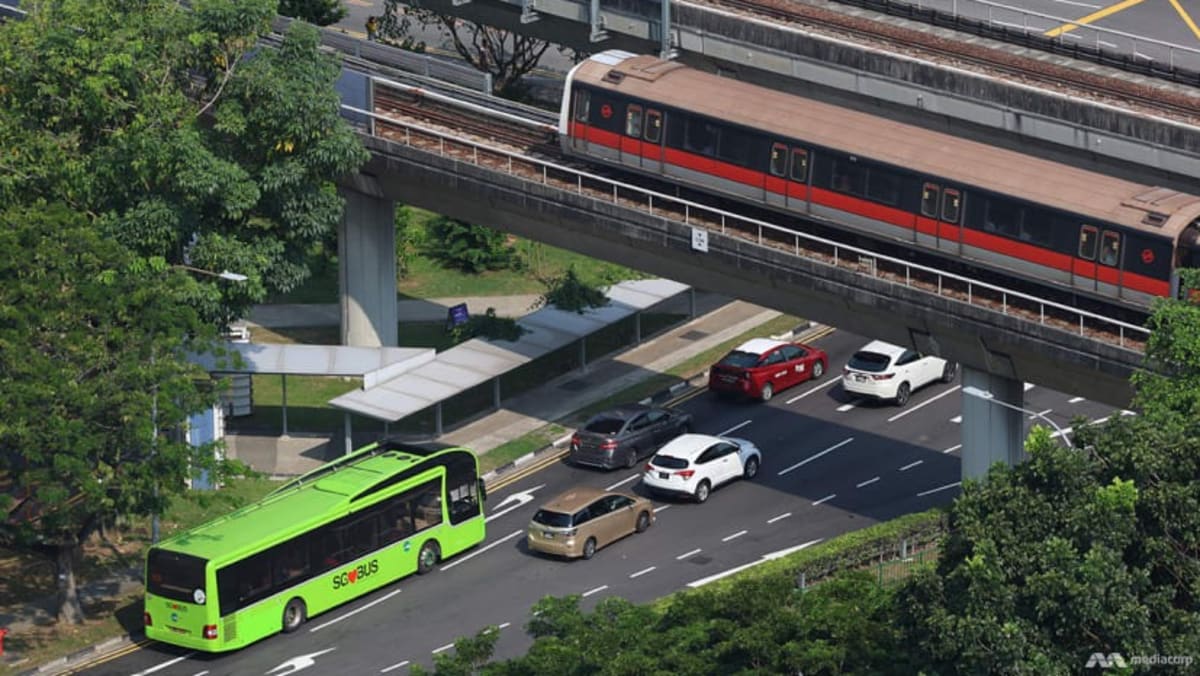IMPLICATIONS FOR LEARNING AT SCHOOL, WORK AND HOME
The PIAAC findings on literacy and numeracy can help inform Singapore’s approach to education and training.
It’s important to recognise that learning is a lifelong process, starting from childhood through to adulthood. Building a strong foundation during the schooling years is key, with an emphasis on cultivating a love for learning and growth mindsets that will enable continual learning through life.
SkillsFuture programmes should continue to reinforce these foundational skills, in addition to providing job-ready, industry relevant training.
While the SkillsFuture Mid-Career Enhanced Subsidy and the new SkillsFuture Level-Up Programme are targeted at mature workers aged 40 and above, the PIAAC findings on early age decline in literacy suggest that younger workers may need attention too.
A study by Kyrolainen and Kuperman (2021) found that while formal education was the strongest predictor of PIAAC literacy scores in all countries, another significant factor was the amount of reading people engaged in at work and at home.
Employers should think about how to strengthen their workers’ foundational skills by curating purposeful learning opportunities such as projects, workshops or innovation challenges.
Beyond formal training, employers could also come up with creative ways to make learning fun, such as through games or quizzes. Some organisations have a monthly book club gathering where staff members can discuss thought-provoking books. Besides fostering social interaction, such events also help encourage and sustain literacy among employees.
Initiatives such as the National Reading Movement spearheaded by the National Library Board, along with events like the annual Singapore Writers Festival, could also help build a culture of reading and literary engagement in Singapore.
A significant predictor of PIAAC literacy scores identified by Kyrolainen and Kuperman was family influence – proxied by the number of books in one’s childhood household – suggesting that a love for literature can be passed from one generation to the next.
As an advanced economy with an excellent education system, Singapore should set its sights on becoming one of the world’s most literate societies in the near future. This can be realised through a concerted effort by all stakeholders, recognising what is at stake.
Terence Ho is Associate Professor in Practice at the Lee Kuan Yew School of Public Policy. He is the author of Future-Ready Governance: Perspectives on Singapore and the World (2024).











.JPG?itok=6gaCaYCP)


